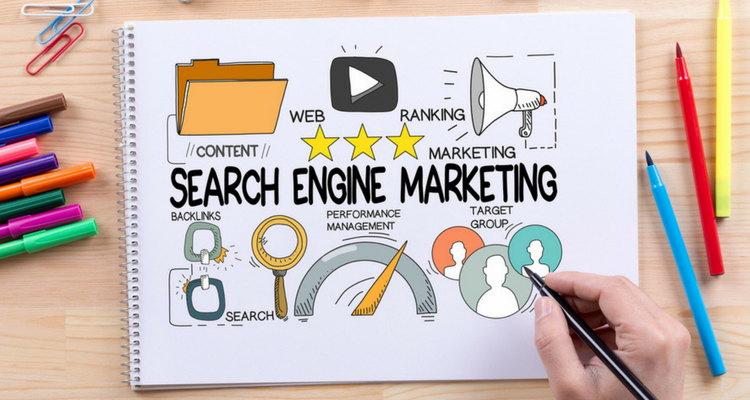How to Land a Job in the Marketing Industry
Not so long ago, experienced marketers and graduates alike had a plethora of jobs from which to choose. There was no need to polish your CV, custom design your cover letter or practise interview techniques. This is not the case in today’s competitive marketplace. Marketers (whether graduate or highly experienced) need to stand out from the crowd to land that first (or even dream) job.
- Get relevant work experience. Work experience allows you to asses if the industry (and which specific area of the industry) is right for you. Most importantly, work experience demonstrates to prospective employers that you are serious about a career in the marketing industry.
- Know the industry in general. Know the difference between marketing and PR. Know which area of the industry you are most interested in and (ideally) want to be working in, in 10 years time. Do your research. This way, you won’t come across as naïve; you will be taken seriously.
- Speak to anyone you can who already works in the marketing industry. If your sister’s boyfriend’s cousin’s best mate is an Account Director at a big-time advertising agency, organise to take them out for a coffee. Pick their brain. In the process, you will increase your industry knowledge and business networks. A positive referral might just get your foot in the door at that advertising agency.
- Get your CV right. Tailor it to each role you apply for. Show how your specific skills match that specific vacant position. Don’t simply use a generic CV with a generic introduction paragraph where you change the company name (or forget to change the company name – we’ve all done it at some stage!). Don’t expect your CV to be enough. Employers receive hundreds of CVs (and are probably prone to hit delete – especially if you’ve left the wrong company name on the covering letter) so follow up with a phone call. Make them sit up and take notice of you.
- If you aren’t having any luck with advertised positions, take a chance and send out your CV to companies you interested in working for. It shows initiative and enthusiasm. It shows you are willing to get out there and make opportunities happen, rather than wait for them to fall in your lap.
- If you are lucky enough to get to the all-important interview phase, make sure you research the company beforehand. Know who the CEO is, know what services they provide, who their clients are. But don’t be afraid to ask questions either. Be on-time (or even early) and be dressed neatly. Be honest about your skills, education and experience and be aware of your weaknesses.
CV and Covering Letter Tips
- A CV should be no more than 3 or 4 page and should introduce you and your skills to a potential employer.
- Check, re-check and check again that you have no spelling errors.
- No gaps: If you have taken time off to travel or have left the workforce to be a carer or be a stay at home mum, please detail this in your CV as it shows character and allows an employer to understand your journey rather than guess as to why you have not worked for 12 months and then had another 6 month gap and then had another 12 month gap. To an employer who does not know you or your situation, it looks like you come and go as you please and are not serious about a stable, long-term career.
- Only show-case your last 5 to 10 employment years, anything beyond that becomes a little dated, stale and boring to a potential employer. If you’re 27, no-one cares about your job at McDonald’s when you were 16. If you have been with the same company for 12 years, demonstrate the various roles you have had within the company so that you sell yourself – to a potential new boss – that you are loyal AND capable of diverse roles within a business.
- Leave out fancy design, creative prose, whiz bang font styles and keep your CV and Cover Letter simple so that a potential employer gets the facts and the information from your correspondence and is not distracted by primary colours and fancy borders;
- ALWAYS list your references: Anyone who puts “referees available upon request” clearly has not worked in a busy media newsroom, advertising agency or PR consultancy where there is NO TIME to chase up references.
- THINK about your Facebook page, email addresses and phone message before sending your CV and Cover Letter to a prospective employer. If you think employers don’t check up on you, think again. They know social media better than you realise so configure your privacy setting so that the general public can’t see your trashy nights out. Equally, make sure you have a professional email address with your first and last name like [email protected]. If your email address is [email protected] you can be absolutely guaranteed that you won’t get a call.
- And when you land that job, watch that your expectations are realistic for the role. You’ve been studying for years and building up to your career, but you need to accept that you will be starting at the bottom and will have to carry out administrative tasks for some time before you can progress. Have patience, focus on learning the craft and enjoy the journey.







